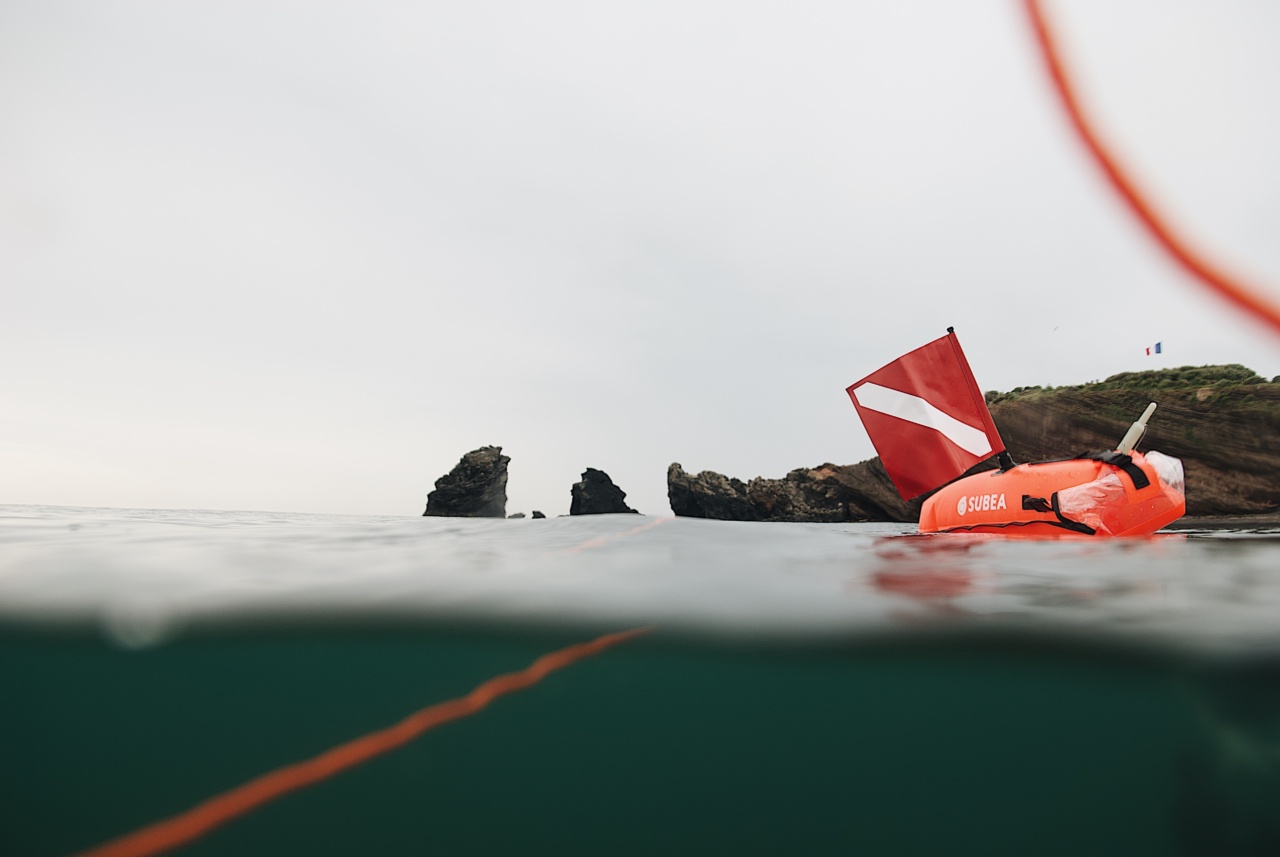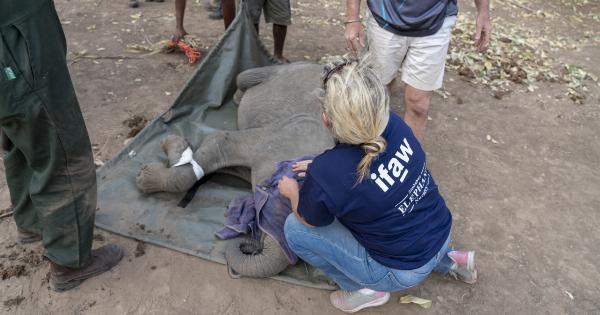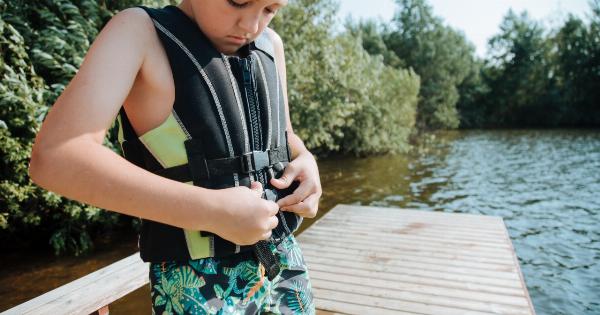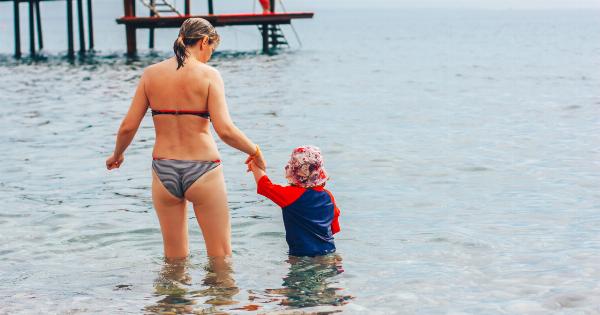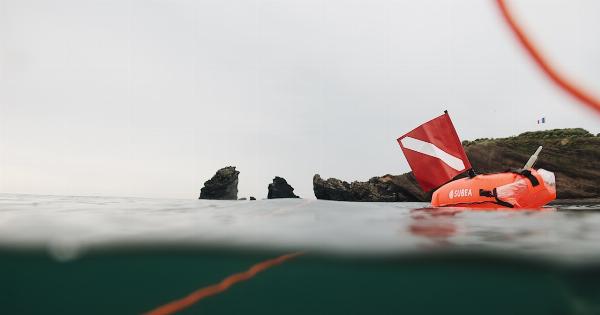Swimming is a fun and relaxing way to get some exercise and cool off in hot weather. But it’s important to remember that swimming also poses some risks, especially for inexperienced swimmers.
Whether you’re heading to the beach, the lake, or the pool, keep these ten tips in mind to stay safe in the water.
1. Never Swim Alone
Swimming can be dangerous, especially if you’re not a strong swimmer or if there are unknown factors, such as currents or waves. Always swim with a buddy, or be sure that there is a lifeguard present.
Never leave children unattended in or near the water.
2. Know Your Limits
Swimming can be a great workout, but don’t push yourself too hard. Start slowly and gradually increase your distance and speed. If you feel tired or out of breath, it’s time to take a break.
3. Wear Sunscreen
Being in the water does not protect your skin from the sun’s harmful rays. Apply sunscreen before you swim and reapply every two hours. Wear a hat and sunglasses to protect your face and eyes as well.
4. Check for Hazards
Before you enter the water, check for any potential dangers such as rocks, coral, jellyfish, or other hazardous materials. Be sure to read any posted signs, and pay attention to any warnings from lifeguards or other authorities.
5. Learn to Swim
If you’re not a strong swimmer, take lessons to learn proper technique and safety measures. It’s never too late to learn, and swimming can be a great way to stay fit and healthy as you age.
6. Follow the Rules
Whether you’re at a public swimming pool, a beach, or a lake, there are likely to be rules and regulations in place for your safety. Follow these rules, even if they seem unnecessary or inconvenient.
7. Watch Out for Other Swimmers
Be aware of other swimmers in the water, and avoid collisions. Don’t try to swim across busy lanes, and don’t jump in off of a diving board if someone is already in the water beneath you.
8. Don’t Drink the Water
Swimming in untreated water, especially in third-world countries or areas with poor sanitation, can expose you to harmful bacteria and parasites. Don’t drink the water, and try to keep your mouth closed as much as possible while swimming.
9. Stay Hydrated
Swimming can be dehydrating, especially if you’re doing it for a long period of time. Be sure to drink plenty of water before and after your swim, and take frequent breaks to rest and rehydrate.
10. Be Prepared for Emergencies
Accidents can happen, even if you’re following all of these tips. Be prepared by carrying a cell phone, a first aid kit, and any necessary medications with you at all times.
Know what to do in case of an emergency, and consider taking a first aid or CPR class.
